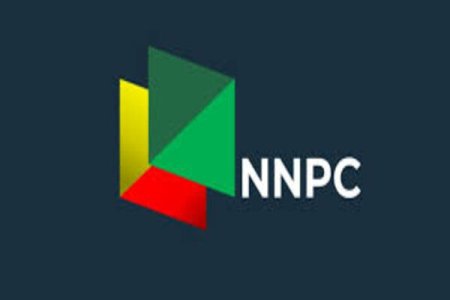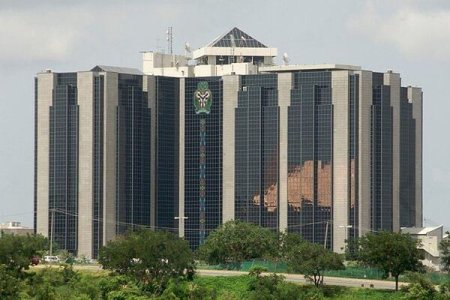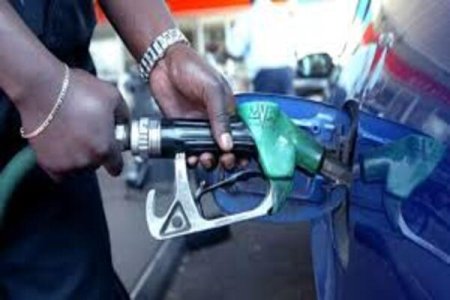
The Nigerian National Petroleum Corporation (NNPC) faces backlash after admitting prolonged fuel scarcity due to unpaid debts to suppliers. Nigerians express frustration over the company’s financial mismanagement, questioning its profitability claims and speculating on potential fuel price hikes. Concerns rise as the Dangote Refinery remains inactive.
The Nigerian National Petroleum Corporation (NNPC) has come under intense scrutiny after admitting that the country is likely to face prolonged fuel scarcity due to its inability to settle outstanding debts with fuel suppliers. Reports from Vanguard have revealed that suppliers have gradually reduced the amount of fuel supplied to NNPC over the past few months due to the accumulation of unpaid debts. The situation has now escalated, with suppliers halting fuel deliveries entirely until a significant portion of the debt is cleared.
This development has sparked widespread reactions across Nigeria, with many citizens expressing frustration and skepticism about the transparency of NNPC's operations. Just two weeks ago, NNPC denied owing suppliers $6.8 billion, labeling it as "obligations" rather than debt. However, with the fuel scarcity dragging on for over two months, the company’s previous claims have been called into question.
Nigerians are now speculating that the NNPC's financial woes may be an attempt to justify an increase in fuel prices, currently pegged at ₦600 per liter. Social media has been abuzz with criticisms of NNPC's management and the government’s handling of the situation. Many have pointed out the contradiction between NNPC’s recent declaration of profits and its current financial distress. There is also growing concern that the company’s financial troubles may lead to further economic instability.
Adding to the controversy, NNPC has defended its position by explaining that, for years, it has been forced to cover the deficit when the government mandates selling fuel below market prices, a practice that has now caught up with them. Despite NNPC's assurances of profitability, Nigerians are left questioning the integrity of its financial statements and the government's role in this crisis. With the Dangote Refinery still not fully operational, the outlook remains grim, and many fear that the situation could worsen in the coming months.





